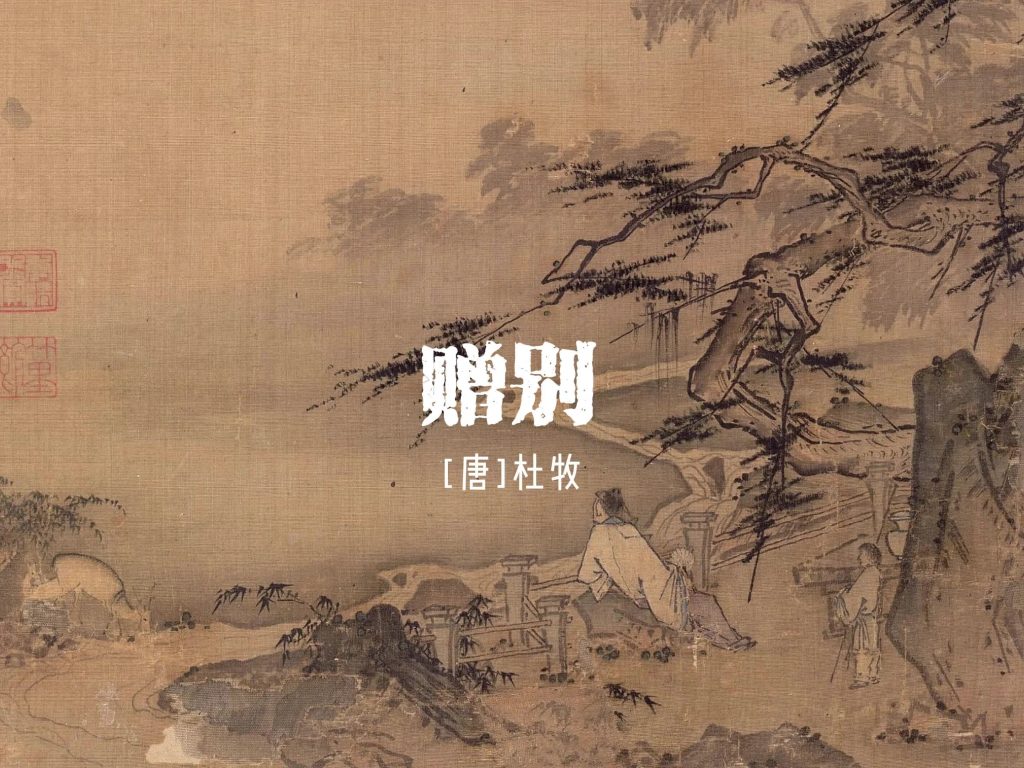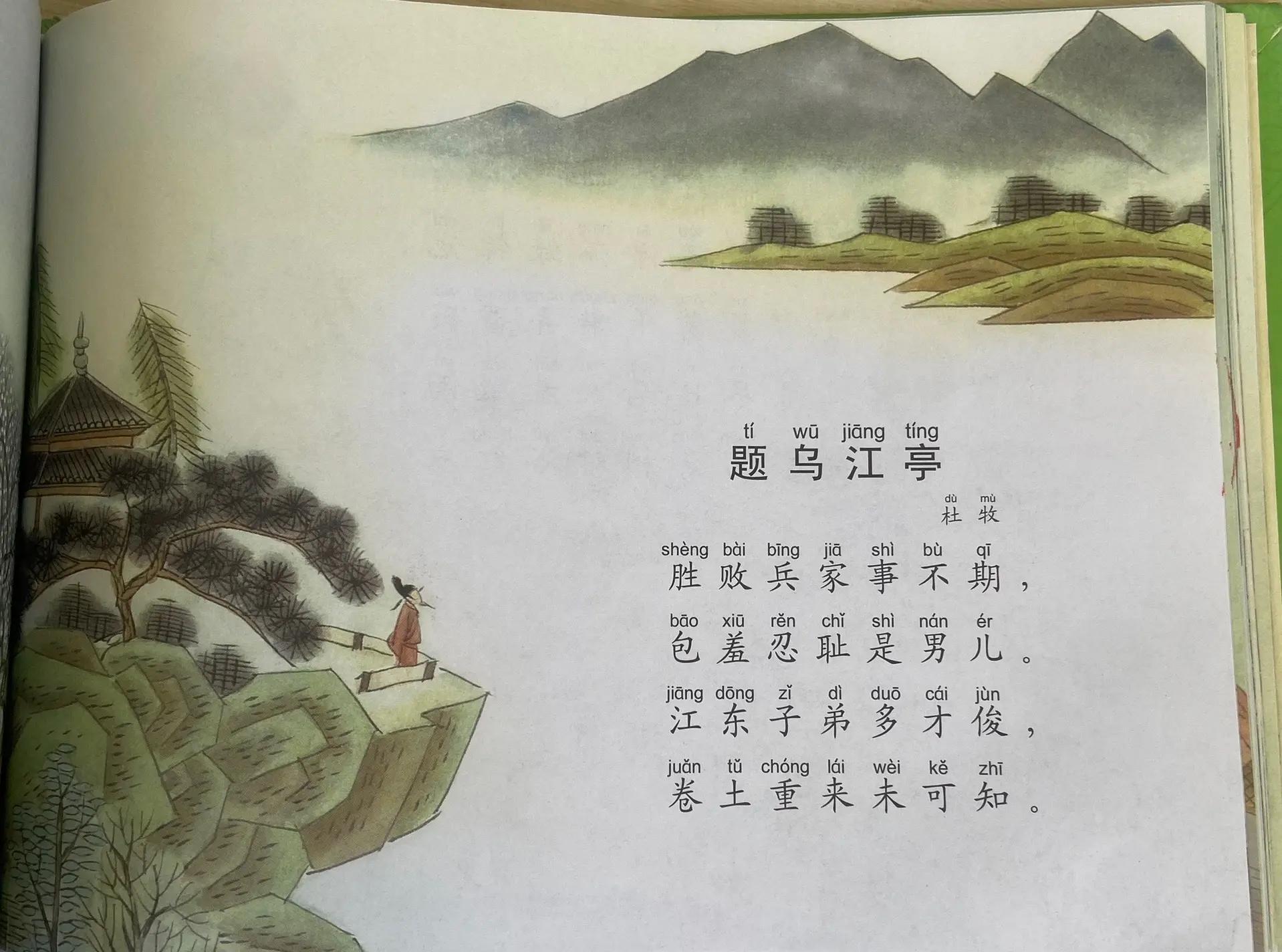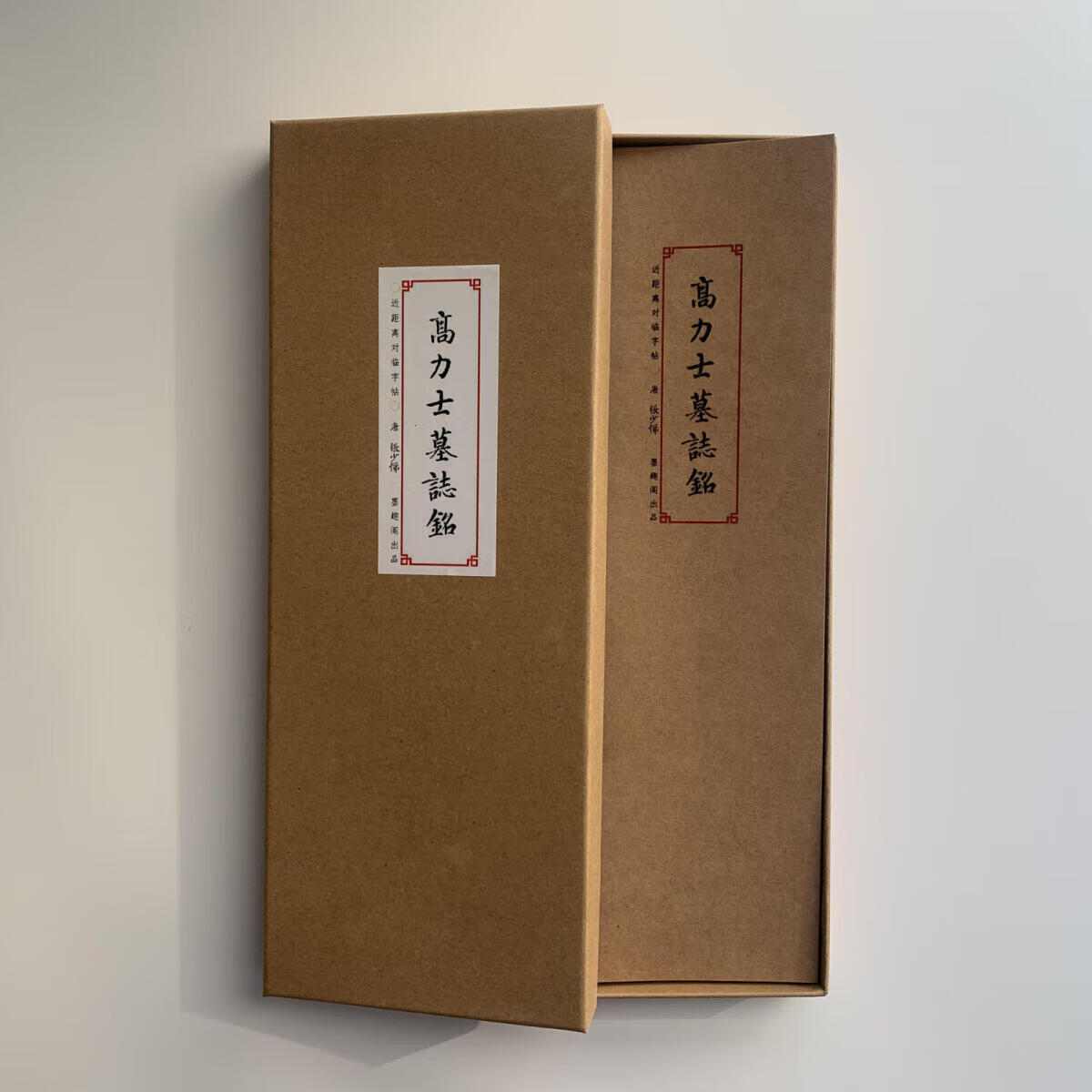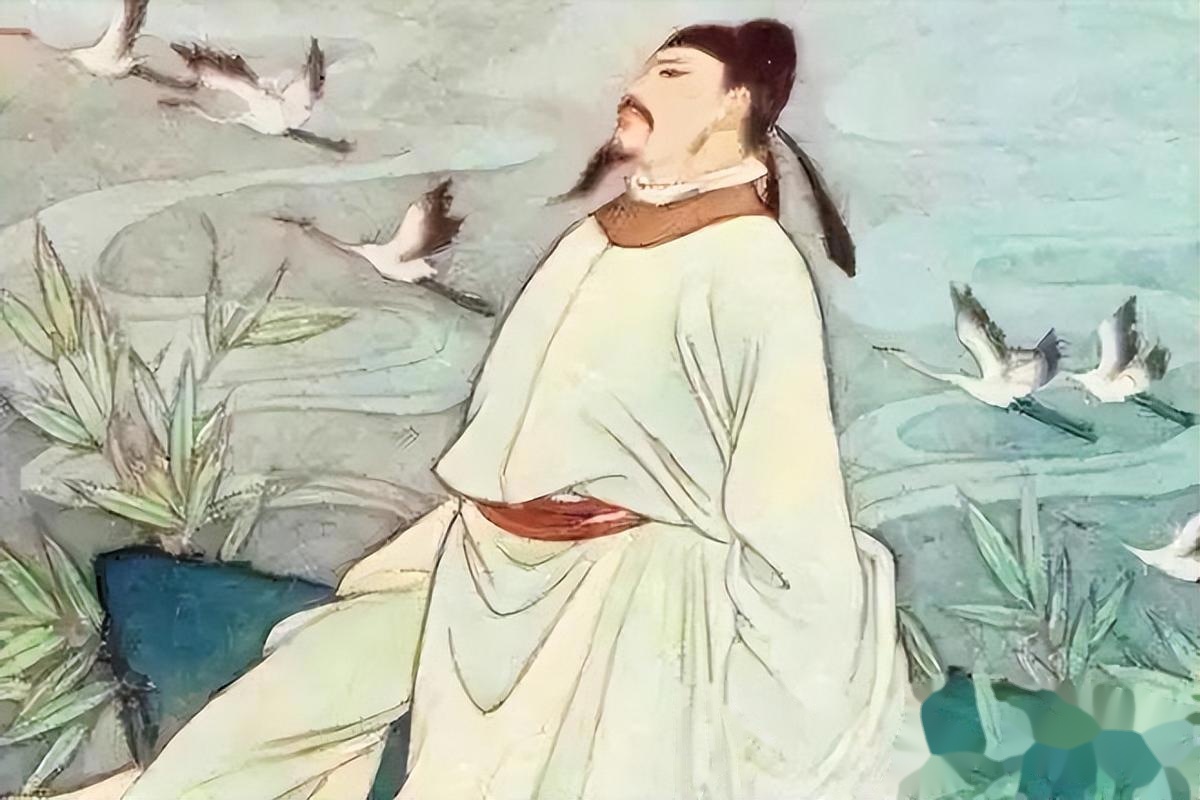Today, the History Encyclopedia editor brings you the story of Empress Wu Zetian. Interested readers can follow the editor to take a look together.

In the feudal society of ancient China, due to the social structure, the social status of men was much higher than that of women, and women even became subordinate to men. In such a social environment, women’s education level was very limited, making it difficult for them to shine in the society at that time. However, there are exceptions to everything. For example, Wu Zetian is a classic example. With her wisdom, skills, and beauty, she successfully ascended to the throne of the emperor and became the only female emperor in ancient China.
As is well known to the world, Wu Zetian was a person with great political skills, but few people paid attention to her works. In fact, Wu Zetian also left us some excellent literary works, and the first sentence at the beginning made countless men blush. And this poem is “On the twelfth day, the imperial decree was announced and the fortune was in Shangyuan”.
On the twelfth day, a decree was issued to bless Shangyuan

During the Ming Dynasty, I traveled to Shangyuan and was in urgent need of spring news.
Flowers bloom overnight, don’t wait for the morning breeze to blow.
This is a short and easy to understand work. We can understand this poem as follows:
I am going to Shangyuan (also known as Shendu Garden) for sightseeing tomorrow, and I need to quickly report to the Spring God that all flowers must bloom overnight so that I can enjoy them tomorrow. Don’t wait for the spring breeze to blow before they bloom.
The poem “Celebrating the Imperial Edict on the 12th Day and Visiting Shangyuan” is included in the “Complete Tang Poetry”. The poem only consists of 21 words, but it expresses Wu Zetian’s ambitious and domineering spirit.
Imagine that for humans, the power of nature cannot be underestimated, and it is beyond their control. Therefore, to some extent, people hold a fearful and fearful attitude towards nature. But Wu Zetian did not think so. She was very domineering and directly ordered nature to bloom the flowers that should have bloomed in spring earlier in the middle of winter.
And such dominance is probably something that many male emperors dare not express. The most crucial thing is that in the early morning of the next day, a miracle really happened. The Shendu Garden was filled with various flowers, colorful and spectacular. And Wu Zetian, surrounded by her courtiers, walked into the Shendu Garden, leaving everyone shocked by the sight.
It is precisely because of this special phenomenon that the ministers began to engage in discussions, questioning whether Wu Zetian really had such divine power to summon the Spring God? Or perhaps Wu Zetian was recognized by the gods, so they were willing to help her?
Conclusion
Regardless of which possibility it is, it represents Wu Zetian’s ability and also makes the ministers realize that Wu Zetian is not a troublemaker. Therefore, some people who originally supported the Li family’s rule no longer dared to act rashly after this incident. After the domestic environment stabilized, Wu Zetian began to display her talents in politics, expand her territory, and develop her experience, laying a good foundation for the later prosperous era of Kaiyuan.
Obviously, if one thinks carefully, it may be easy to discover some clues from it. The content of this poem may have been carefully designed by Wu Zetian, as ancient people believed in these peculiar phenomena and were willing to combine them with gods. Wu Zetian took advantage of this to suppress public dissatisfaction with her and establish her own authority, laying the foundation for future policy implementation.



